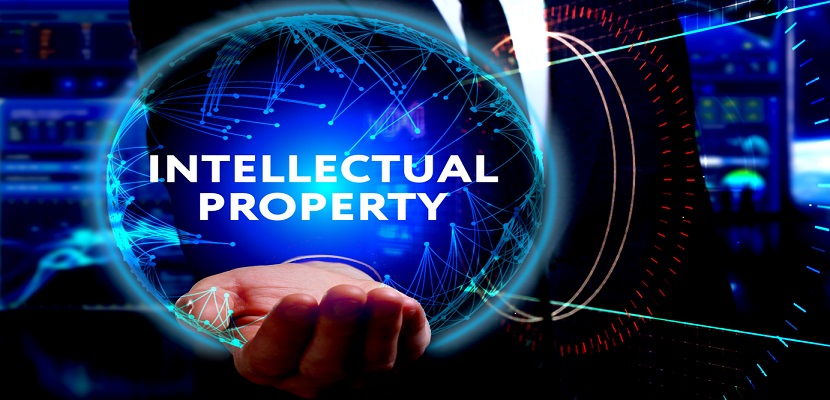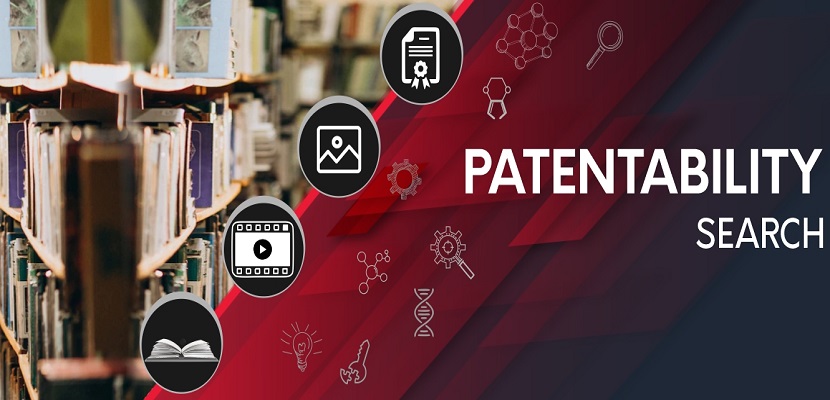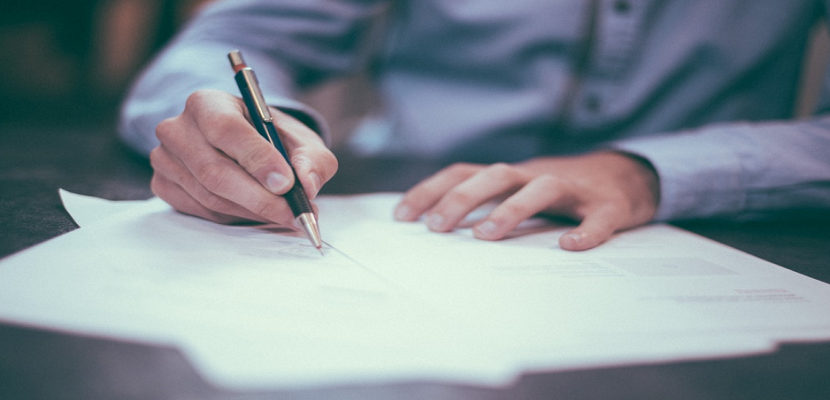Artificial intelligence (AI) has become increasingly integrated into our daily lives, and as a result, it has raised important questions about intellectual property (IP) law. The use of AI in creating, managing, and distributing content can present significant challenges to existing IP laws and norms. Here are some key areas where AI intersects with IP:
Authorship
AI-generated works can present significant challenges when it comes to determining authorship and ownership. Determining the author of an original work, such as music or art, created by an AI system can be challenging. Multiple AI systems or human creators involved in the creation of the work can further complicate the issue.
The question of ownership becomes complex when a company owns the AI system that created the work. Should the company that owns the AI system own the copyright to the work by default, or should the human creators who programmed or contributed to the system also be considered owners?
Legal experts and policymakers are currently debating these issues, and there is no clear consensus on the best approach. Some stakeholders suggest creating a new legal framework for AI-generated works, while others propose adapting existing IP laws. AI content creators and users should stay informed and seek legal advice to comply with IP laws.
Copyright
AI-generated works can also raise questions about copyright ownership and infringement. For example, if an AI system creates a work that is similar to an existing copyrighted work, who owns the rights to that work? Similarly, if an AI system generates a work using copy-protected material, does this constitute infringement? Another issue is whether the use of copyrighted material in AI-generated works constitutes infringement! Using copy-protected material in AI-generated works may defy the copyright if the AI system incorporates protected content, such as images or music. AI works may qualify for fair use of copyrighted material, such as for education or transformative use.
Determining the legal status of AI-generated works requires a careful analysis of the specific circumstances involved. It is necessary to seek legal advice to determine whether the use of copyrighted material in an AI-generated work constitutes infringement. As with authorship and ownership, the legal framework around AI-generated works is still evolving, and it is important to stay informed about new developments in this area.
Overall, the complex legal issues surrounding copy-protected ownership and defying in the context of AI-generated works underscore the importance of careful consideration of intellectual property law in the development and use of these types of works.
Trademark
Determining ownership and infringement can be challenging when AI is used to generate trademarks, logos, and other branding materials, similar to copyright.
AI-generated trademarks and logos can also raise questions about ownership and defy. If an AI system creates a trademark or logo that is similar to an existing trademark or logo, it can be difficult to determine whether the AI-generated version infringes on the existing mark or logo. Determining the authority of an AI-generated trademark or logo can also be challenging. The human creator may be considered the owner if they programmed the AI system to create the mark or logo. The AI system is programmed without direct human input, and determining ownership can be more challenging. It is important for companies to carefully consider the legal implications of using AI to generate trademarks, logos, and other branding materials. In some cases, it may be necessary to seek legal advice to ensure that the use of AI-generated branding materials does not defy existing trademarks or logos or violate intellectual property laws. AI use in trademark/logo generation highlights the need for IP law in AI-generated materials.
Patents
AI is used to develop and invent new technologies, which may be eligible for patent protection. However, there may be challenges in determining inventorship and ownership when AI is involved in the creation process.
AI-generated technologies may be eligible for patent protection, which raises new questions about inventorship and authority. When AI is involved in the creation process, AI makes determining inventorship more complex. In traditional patent law, the inventor is the person who receives and reduces the invention to practice. Determining the inventor of an AI-generated novelty can be challenging when no direct human input is involved. Arguments can arise as to whether the inventor of an AI-generated novelty is the developer or programmer of the AI system or the AI system itself.
Determining ownership of an AI-generated patent can also be difficult. The owner of any impact patents may be the company that develops the AI system. However, if a third party or combined effort in developing the AI system, determining that authority can become tough. Companies and inventors must carefully consider the legal consequences of using AI in the creation of new technologies. To ensure proper authority by following the patent law, it may be necessary to seek legal advice.
Overall, the use of AI in creating and managing IP presents significant challenges and scopes for the legal system. As the use of AI continues to grow, legal experts suggest that changes and updating IP laws will be necessary. Creators and users of AI-generated content must stay informed about these changes. We always suggest seeking advice from an attorney to deal with the problems raised by AI-created works.



